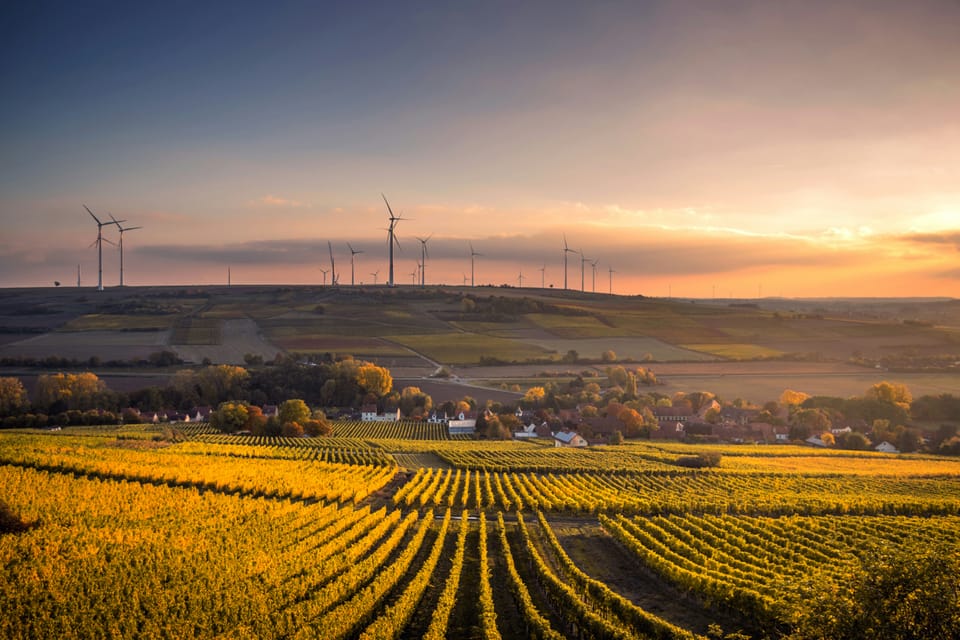US$2 trillion a year needed to meet 2030 renewable energy goal

Renewables investment needs to double from its current rate to achieve the 2030 tripling of global capacity agreed at COP28, according to think tank Climate Analytics.
In a report released today (February 13), Climate Analytics finds that delivering the COP28 Global Pledge on Renewables and Energy Efficiency will require US$8 trillion of investment in new renewables capacity and US$4 trillion into grid and storage infrastructure by 2030 – far more than current spending.
The world is on track to invest US$6.6 trillion in renewables and grids from 2024 to 2030, leaving a funding gap of just over US$5 trillion, warns Climate Analytics. Additionally the think tank expressed concern over the fact that US$6 trillion is set to be invested in fossil fuels in the same time frame under current policies.
“US$2 trillion a year sounds like a cost, but it’s really a choice. We’re set to invest over US$6 trillion in fossil fuels over this decade – more than enough to close the tripling investment gap. Faced with this choice, I’d go with the safest, best value option – renewables,” said the report’s lead author Neil Grant.
In 2022, banks still provided more financing to fossil fuels than renewables investment: for every dollar of bank funding provided to fossil fuels, US$0.73 supported low-carbon energy sources. But the COP28 call to “transition away from fossil fuels” is resulting in climate policy shifts within financial institutions – at least on a European level. Just last week, Barclays, one of the world’s top fossil fuel financiers, stopped directly funding new oil and gas projects.
Renewables investment: regional disparities
Investment needs are not uniform across regions: due to “historic underinvestment”, Sub-Saharan Africa needs US$100 billion a year or five times current investment levels, while Asia is already “broadly on track” to triple renewables by 2030 thanks to the leadership shown by China and India.
Asia is expected to provide almost half (47%) of global renewable capacity additions by 2030, followed by OECD countries (36%). Europe broke renewable energy records in 2023, but the report warns that the OECD will still fall short of the 2030 target under current policies.
“The OECD needs to triple renewables but is currently way off target. Countries in the region claiming to be climate leaders need to walk the talk, not just by ramping up renewables at home, but by coming through for other regions which need finance to contribute to the tripling goal,” said Claire Fyson, co-author on the report and Head of Policy at Climate Analytics.
In particular, more investment is needed in Japan, where capacity is only expected to grow 50% over the decade.
Another report, published before COP28, called for US$10 trillion of investment to meet clean energy goals.







Member discussion